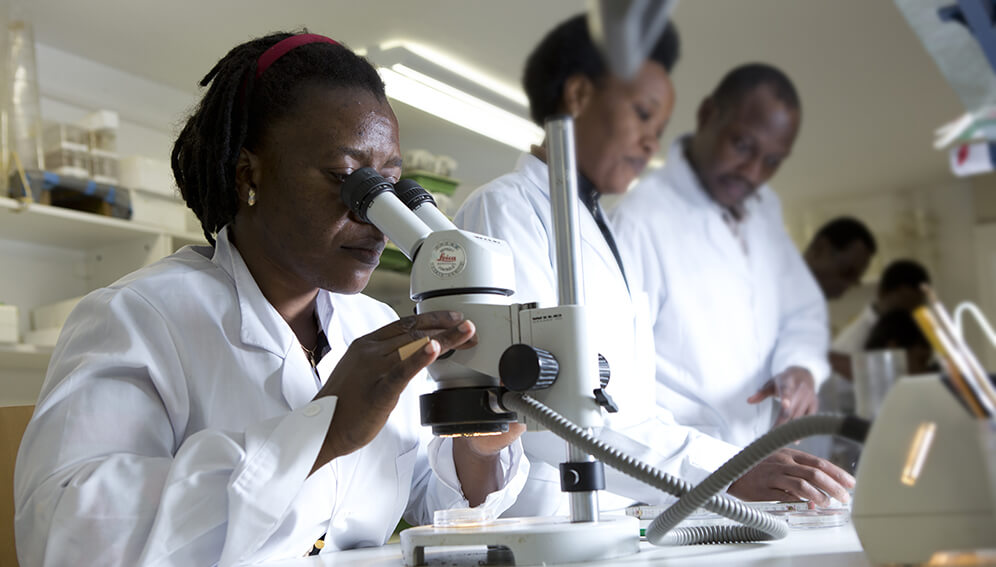Reporting food poisoning incidents promptly is a crucial step in maintaining public health and preventing the spread of foodborne illnesses. This article delves into the importance of reporting, how to effectively report cases, and the positive impact it has on safeguarding consumer well-being.
Understanding Food Poisoning Reporting:
Reporting food poisoning involves notifying the appropriate authorities about suspected or confirmed cases of illness resulting from the consumption of contaminated food. Timely reporting helps health officials identify and address potential outbreaks, trace the source of contamination, and take necessary measures to prevent further harm.
Steps to Report Food Poisoning:
-
Seek Medical Attention: If you suspect food poisoning, seek medical care promptly. A healthcare professional can diagnose your condition and provide essential medical documentation.
-
Contact Local Health Department: Get in touch with your local health department to report the illness. They will guide you through the reporting process and gather essential information.
-
Provide Details: When reporting, provide accurate information about the symptoms, the type of food consumed, the establishment where the food was obtained, and any other relevant details.
-
Preserve Evidence: If possible, keep any leftover food, packaging, and receipts as evidence that can aid in investigating the source of contamination.
The Importance of Timely Reporting:
Timely reporting of food poisoning incidents is essential for several reasons:
-
Preventing Outbreaks: Rapid reporting helps health authorities identify potential outbreaks and take swift action to contain and prevent further spread.
-
Source Tracing: Timely reports assist in tracing the source of contamination, identifying unsafe food products, and implementing necessary recalls.
-
Consumer Protection: Reporting ensures that potentially harmful food products are removed from the market, protecting consumers from further exposure.
Leveraging SGS Digicomply for Enhanced Reporting:
SGS Digicomply empowers food safety professionals with valuable insights and resources. By staying informed about food safety regulations and best practices, professionals can contribute to more effective reporting and help prevent foodborne illnesses.
Conclusion: A Collective Effort for Safer Food Supply
Reporting food poisoning incidents promptly is a collective responsibility that plays a pivotal role in maintaining public health and safety. By promptly reporting cases and utilizing tools like SGS Digicomply, food safety professionals actively participate in the prevention of outbreaks and contribute to a healthier food supply chain for everyone. Explore SGS Digicomply platform now.





.webp?width=1644&height=1254&name=Food%20Safety%20Dashboard%201%20(1).webp)
